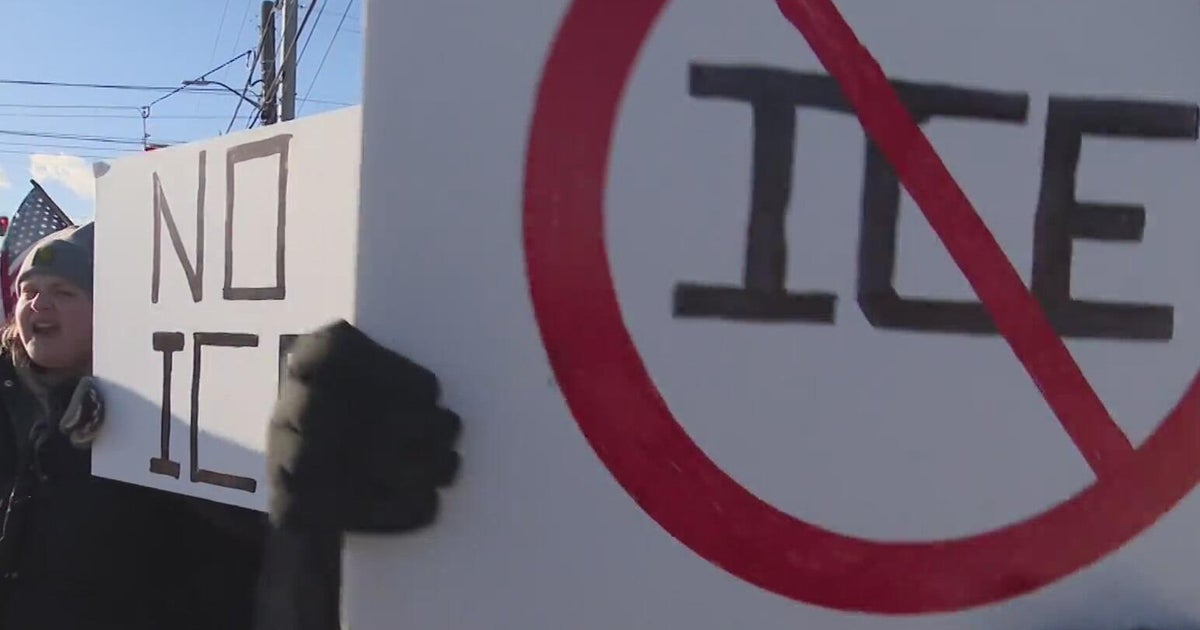Illinois Sex Offender Registry policies fall short of other states in many respects
CHICAGO (CBS) -- For years, CBS 2 has been exposing problems with the Illinois sex offender registry – ranging from bad and missing information to long lapses in registration.
CBS 2's Tara Molina brought our reporting to experts in the field, who told us where Illinois stacks up compared with other states.
The whole point of the registry is to protect the public – and it can't very well do that without the right information. This especially the case when it comes to something we have reported on recently – keeping offenders out of jobs and fields their status is supposed to bar them from working in.
We have exposed issues in the Illinois Sex Offender Registry such as bad addresses, missing photos, and months-long lapses in registration.
"You have to make sure that the data there in the systems is good," said Dr. Scott Walfield, a criminal justice professor at East Carolina University in Greeneville, North Carolina.
Most recently, we reported on how the state took more than seven months to revoke the license of massage therapist and convicted sex offender James "Rob" Garrett – who had been barred from working in massage therapy.
"One of the most important utilities of the registry is to prevent individuals from working in places where they shouldn't be working," Walfield said. "Unfortunately, that also requires agencies to better communicate with each other and as you've shown, that can sometimes be an issue."
It also took our reporting – exposing Garrett's missing photo on the Sex Offender Registry - to complete the filing with the state.
"The photo element is there so individuals can be aware of their neighbors who may be on the sex offender registry, and clearly, you need the photograph to identify them," Walfield said.
Walfield has studied sex offender registries and compliance on a national scale.
"If the goal here is public safety, then having correct information about employment, or where they go to school, is incredibly important," he said.
So what is working elsewhere?
Dr. Walfield explained Illinois does not take risk assessment into account when monitoring sex offenders and keeping track of the registry. California does - using evidence-based scores and a tier system to predict the risk of re-offense.
"That way, you are using your tier system appropriately," Walfield said, "your high-risk offenders having to register more frequently, and do more checks on them."
We asked Illinois State Police, who are in charge of the registry, if targeting high-risk offenders and keeping them from slipping through the cracks is something they have considered in Illinois.
A spokesperson said: "IIllinois law governs the Sex Offender Registry, which is conviction based, and established by the General Assembly. The ISP administers what the legislature has established as state policy. Legislators would need to amend Illinois law to move to a risk-assessment system."
This means the Illinois General Assembly would have to make changes to the law.
But that is not the only issue relating to the Sex Offender registry that lawmakers in Illinois could address.
We got in touch with SMART - the Sex Offender Sentencing, Monitoring, Apprehending, Registering and Tracking office - within the U.S. Department of Justice. A spokesperson confirmed Illinois still isn't in compliance with federal guidelines for sex offender notification and registration, and hasn't been since 2011 – a dozen years.
Areas where we are failing include tiering, community notification, and public website information posting.
A spokesperson for the Department of Justice said if Illinois would make moves to comply with those federal guidelines, it would improve overall public safety.







